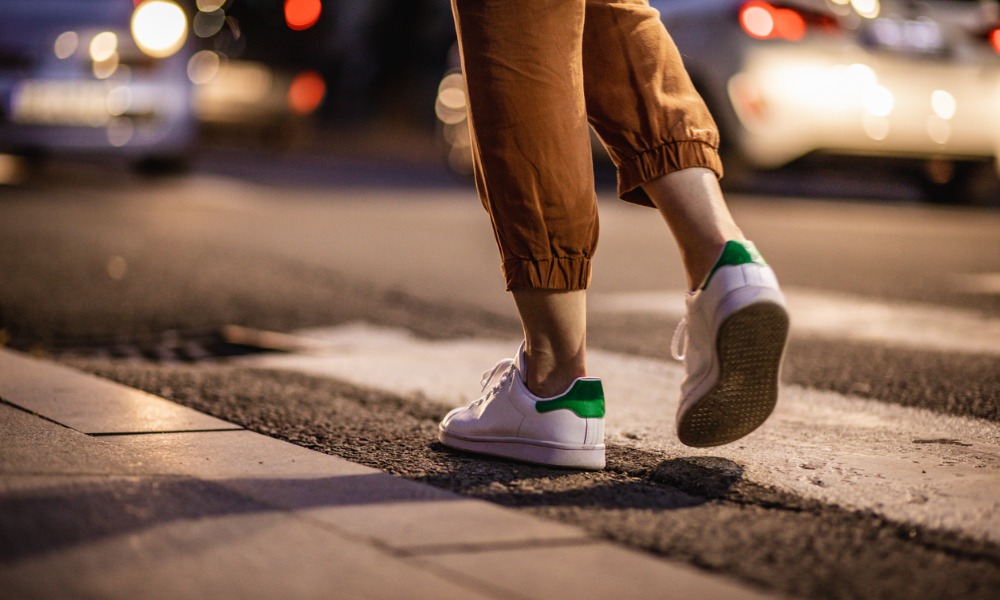
The trial judge admitted evidence that appeal court says influenced the jury's perception

The Ontario Court of Appeal has ordered a new trial in a case involving a collision between a motorist and a young pedestrian, finding that an unfair trial had occurred.
The appeal in Jarvis v. Oliveira, 2024 ONCA 200 stemmed from issues with the original trial's evidence handling and the conduct during the proceedings. The pedestrian, Jasmine Jarvis, who was 16 years old at the time of the incident, suffered a severe brain injury, among other injuries, when she ran across the street and collided with a car driven by Stacey Oliveira. Jarvis sued Oliveira for negligence, and while the parties agreed on the quantum of damages, liability remained the sole issue at trial. The jury found Oliveira not liable, and no damages were awarded to Jarvis.
Central to the appeal was the trial judge's decision to admit evidence regarding Jarvis and a friend running from a taxi without paying the fare. This evidence was purportedly used to suggest Jarvis had a bad character, influencing the jury's perception and contributing to an unfair trial. The appellants argued that handling this evidence smeared Jarvis's character, and the trial judge's instructions to the jury did not adequately address this unfairness.
The Court of Appeal found that the manner in which the taxi fare evidence was handled resulted in an unfair trial. The court determined that the evidence was of marginal probative value but had a substantial prejudicial impact, suggesting that Jarvis was undeserving of compensation due to her dishonesty in evading the taxi fare. Moreover, the court noted that the delay in ruling on the admissibility of the evidence and the lack of clarity contributed to the trial's unfairness.
Addressing the trial judge’s costs ruling, the appeal court acknowledged that the issues surrounding the costs decision further illustrated the lack of clarity that affected the trial. Ultimately, the court decided that a new trial was required in the interest of justice, dismissing the cross-appeal regarding costs.
The court underscored the importance of ensuring fairness in the trial process, particularly concerning the admission and handling of evidence that may prejudice a party's character. The case is set to return to the lower court for a new trial, where the issues of both liability and the costs of the initial and subsequent trials will be reassessed.